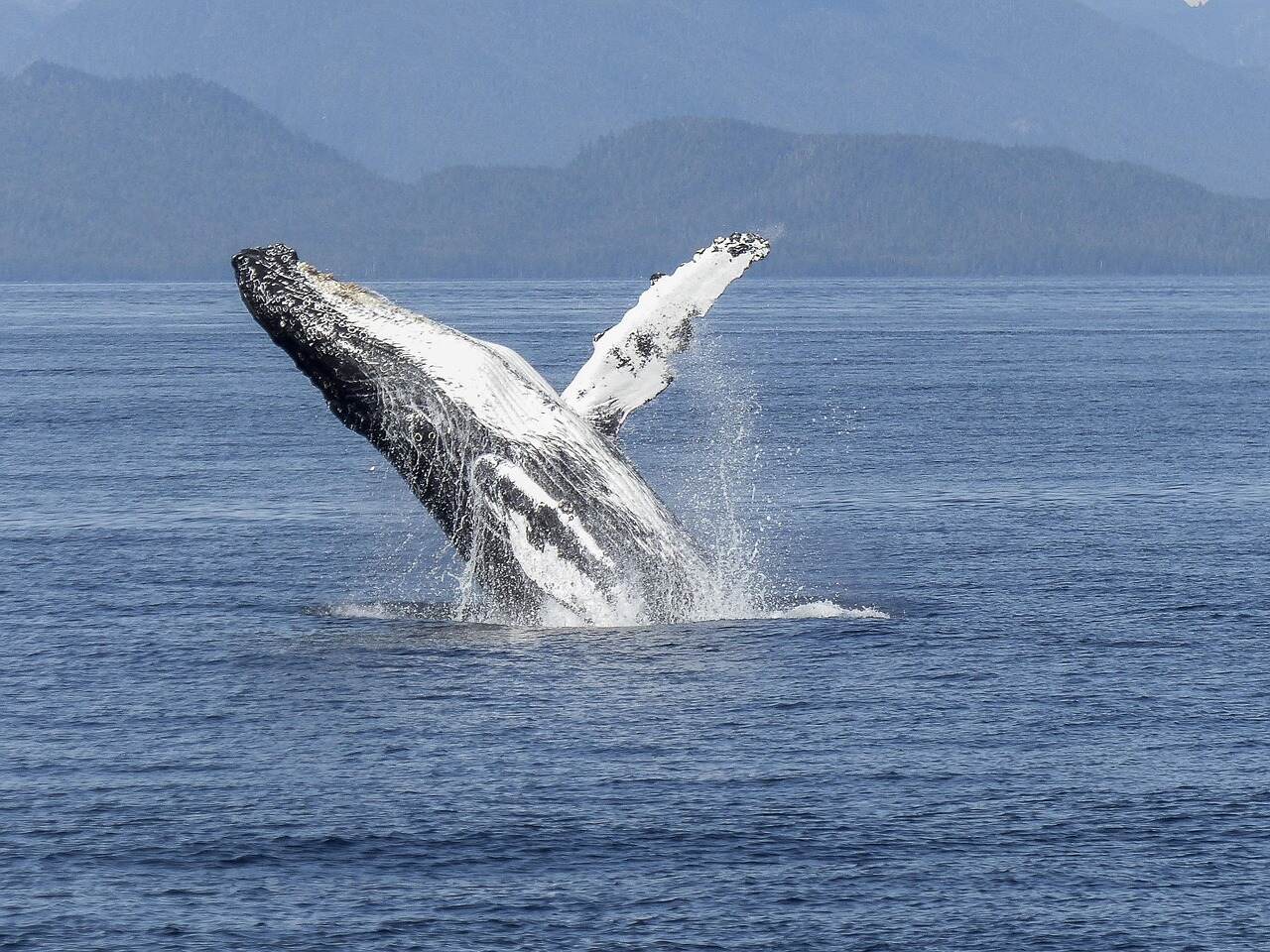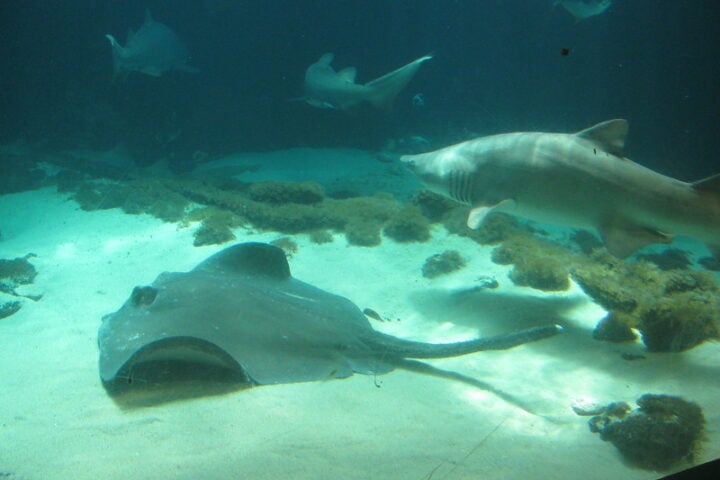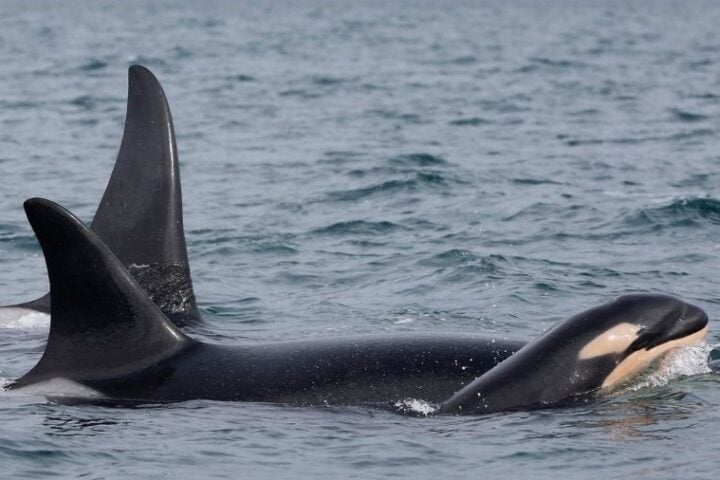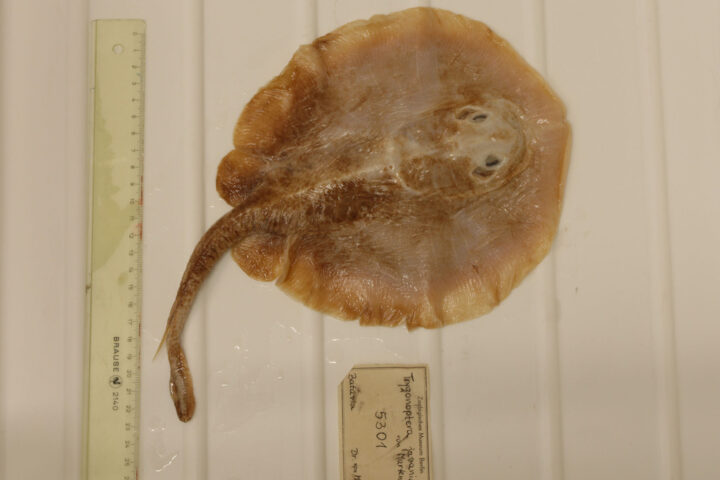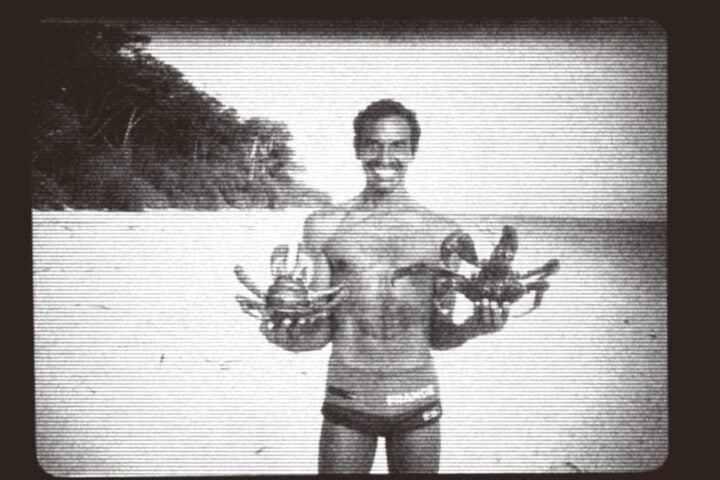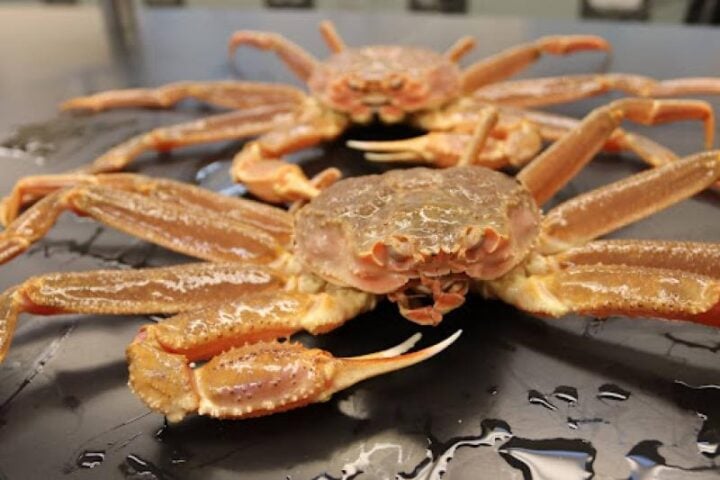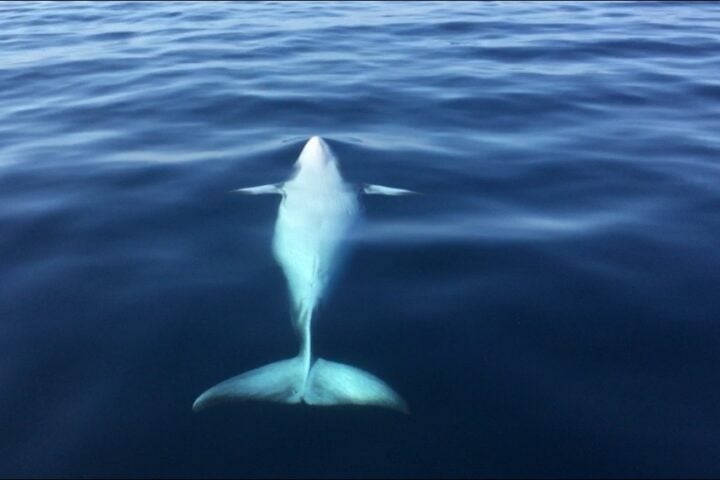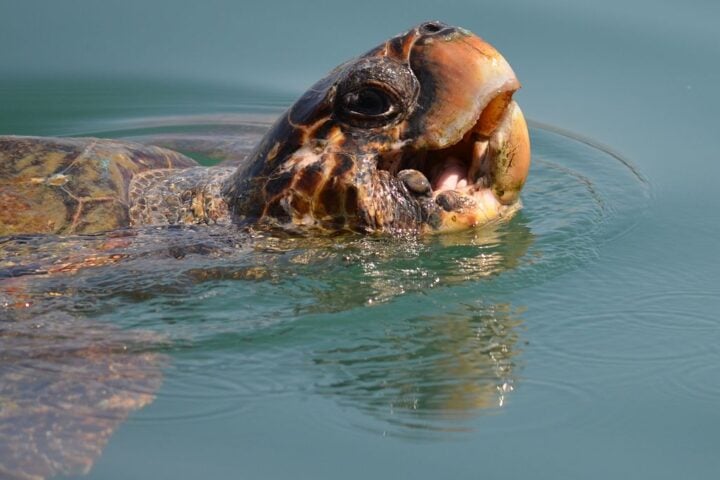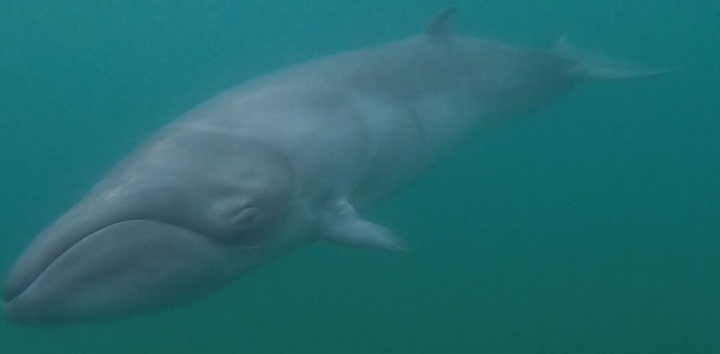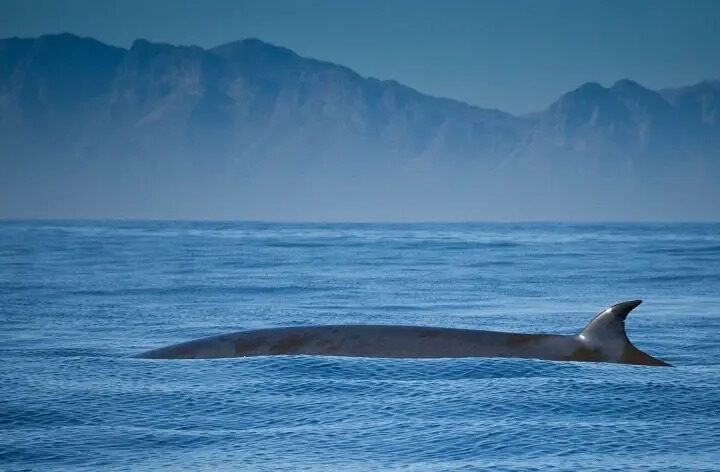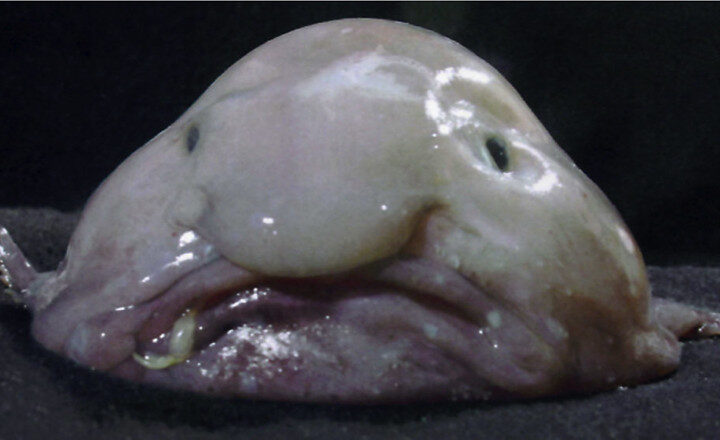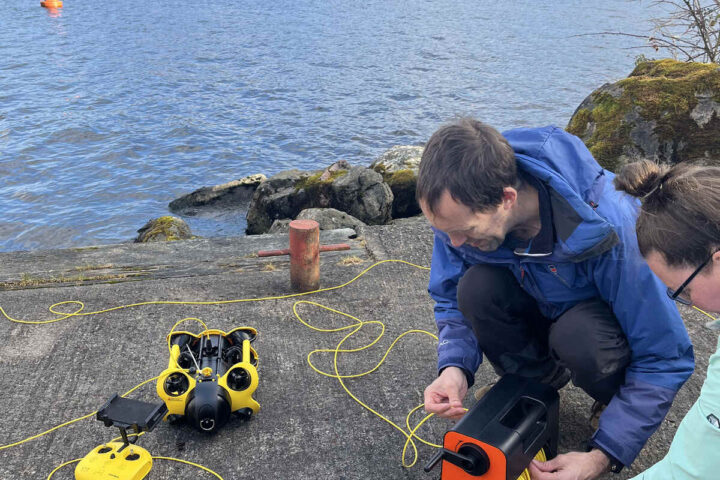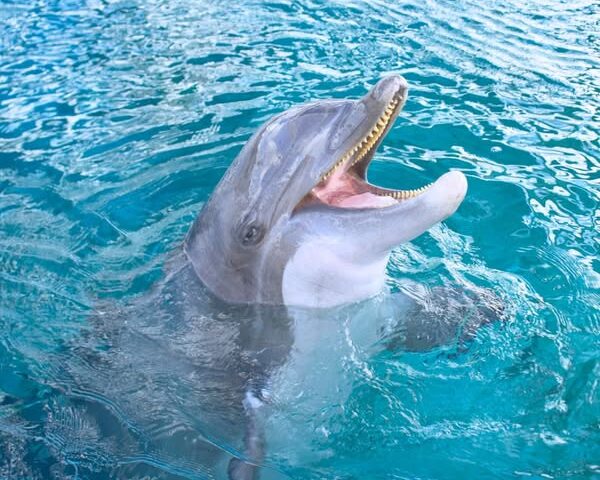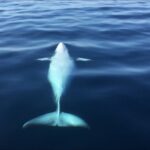A humpback whale briefly swallowed a kayaker in Chile’s Strait of Magellan, adding to the growing number of whale-human encounters in the region’s waters. The incident happened last Saturday when Adrian Simancas’s morning kayak trip turned into a close encounter with one of the ocean’s largest mammals.
“I thought I was dead,” Simancas told The Associated Press. “I thought it had eaten me, that it had swallowed me.” His father Dell, recording from a nearby kayak, captured the entire event – from the whale’s massive mouth emerging beneath the yellow kayak to Simancas’s quick release moments later.
These gentle giants typically feed by filtering water to catch small fish and krill. The whale likely encountered the kayak during its normal feeding behavior, a rare occurrence that can be dangerous for both whale and human.
The icy waters posed their own threat. Even in summer, temperatures in the Strait hover around 39 degrees Fahrenheit (4 degrees Celsius). “When I came up and started floating, I was scared that something might happen to my father too, that we wouldn’t reach the shore in time, or that I would get hypothermia,” Simancas said.
Similar Posts:
Whale encounters with boats have increased in Chilean waters over the past decade. Most incidents involve cargo ships, with collision rates rising in recent years. For safety, boats and kayakers should maintain a safe distance from any visible whale.
The Strait of Magellan, located 1,600 miles south of Santiago, serves as a major feeding ground for humpback whales. These massive mammals feed in these nutrient-rich waters. While attacks on humans remain extremely rare, whale deaths from ship collisions have become a growing concern.
Common safety practices for water activities in whale-populated areas include staying alert and watching for signs of whale activity. Following basic safety guidelines helps protect both humans and whales during water activities.
This incident, captured clearly on video, shows the entire encounter from start to finish, providing a rare documented case of a direct whale-human interaction. Unlike most whale encounters, this event was fully recorded, offering unique insights into such unexpected encounters.
Simancas and his father made it safely to shore, adding their experience to the rare documented cases of close whale encounters. Their story serves as a reminder that while Chile’s waters offer unique wildlife experiences, maintaining awareness of marine life protects both humans and whales.
